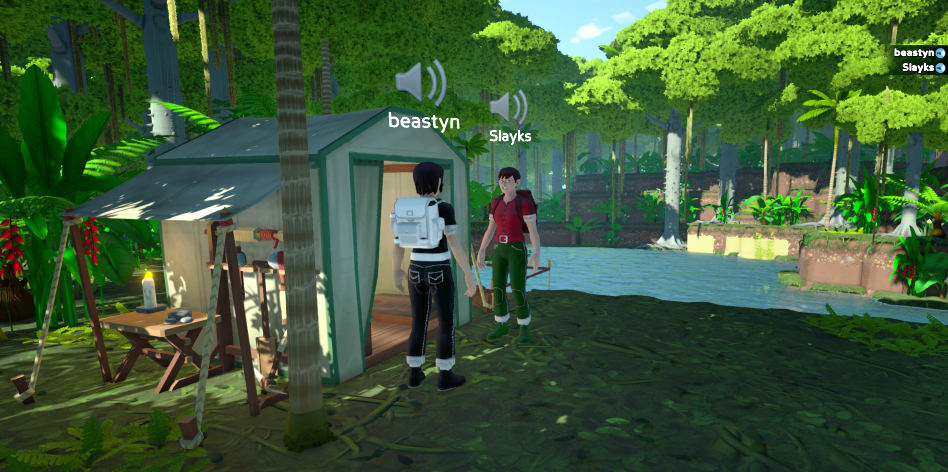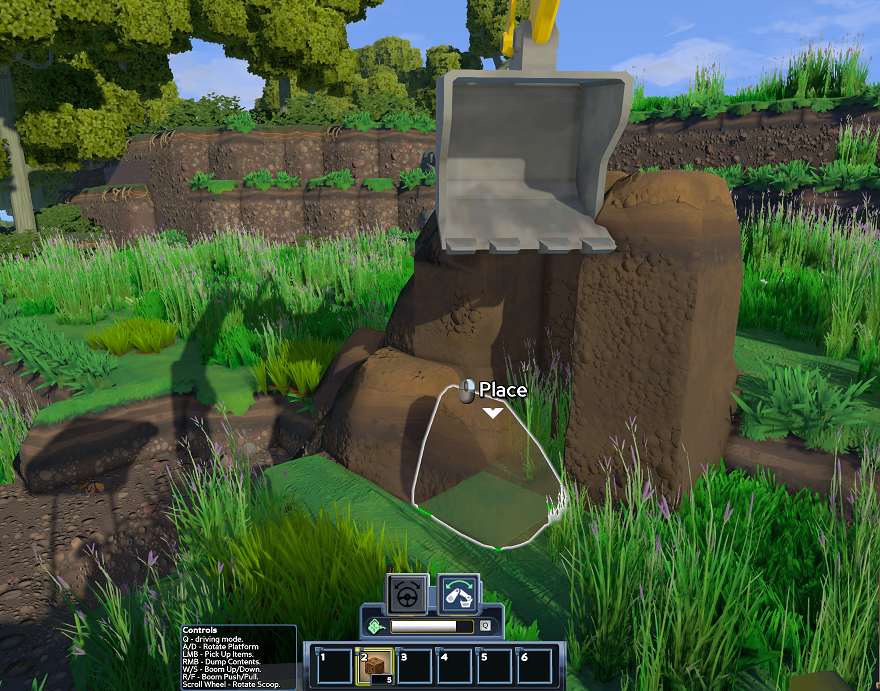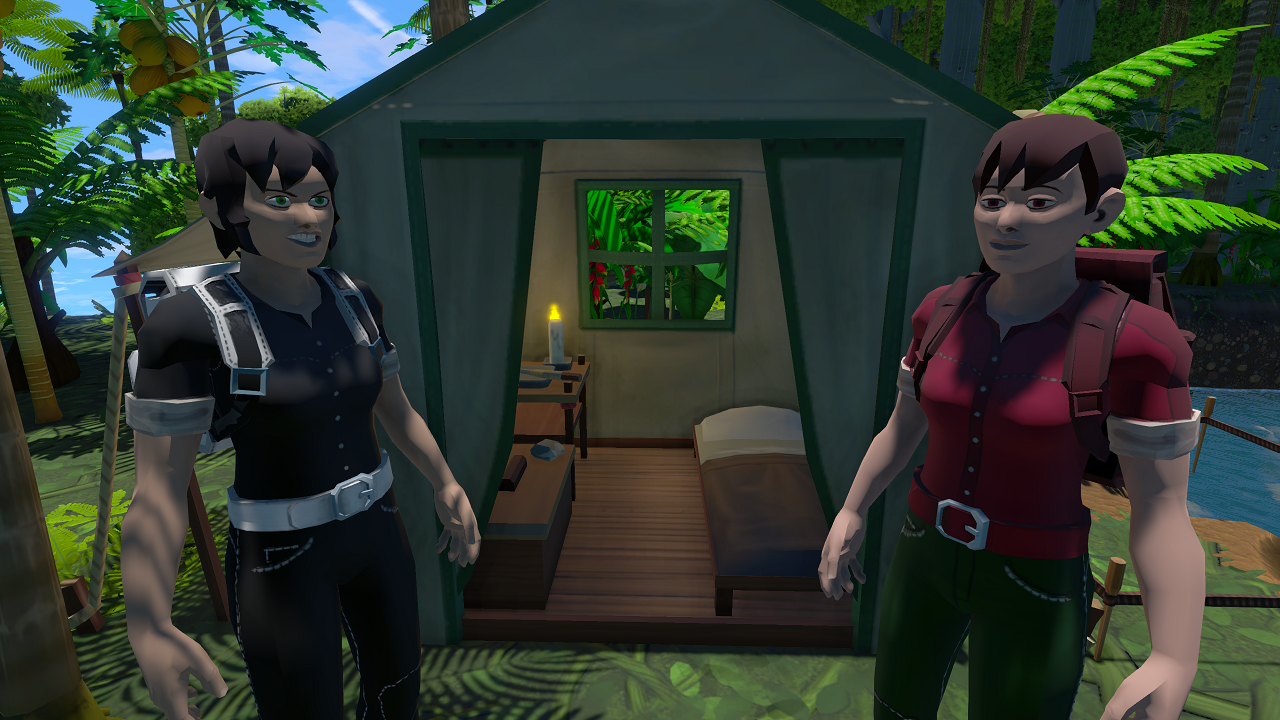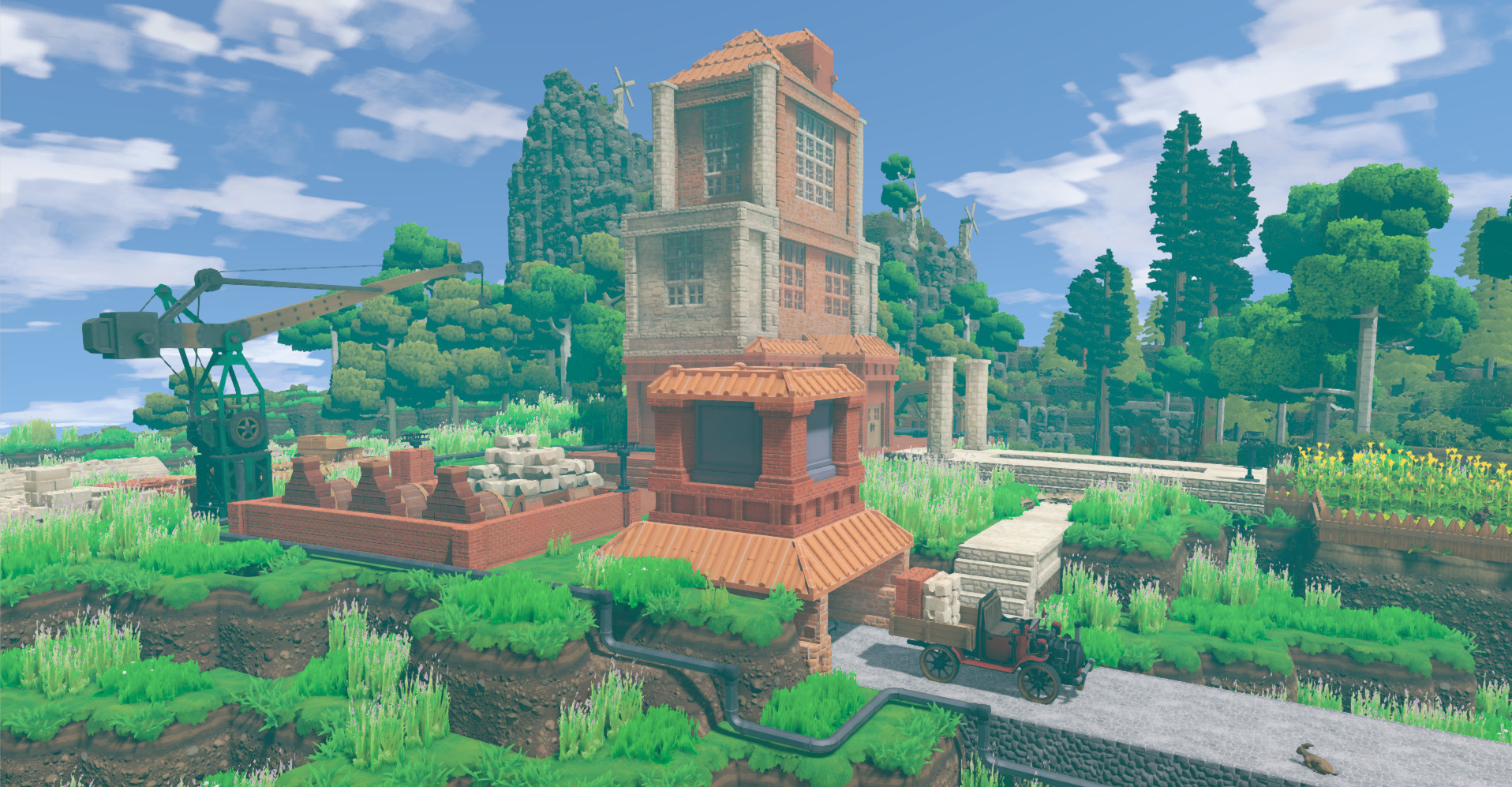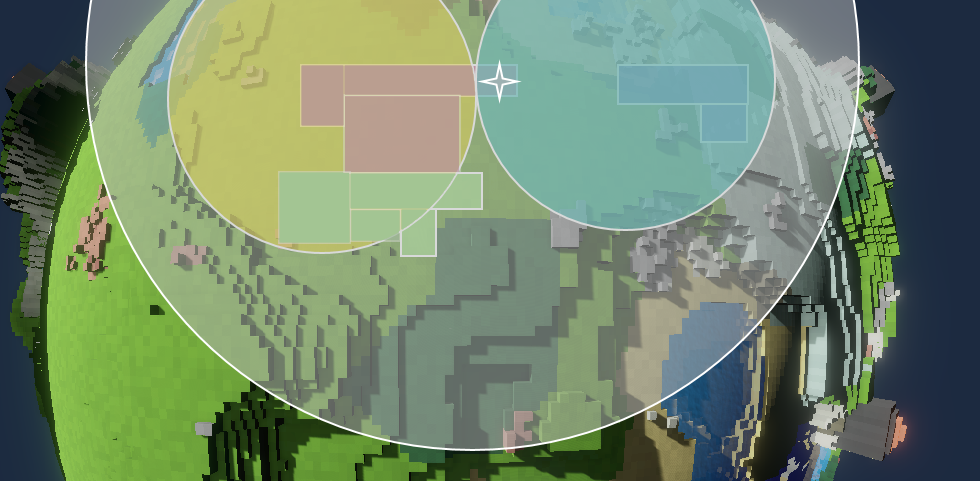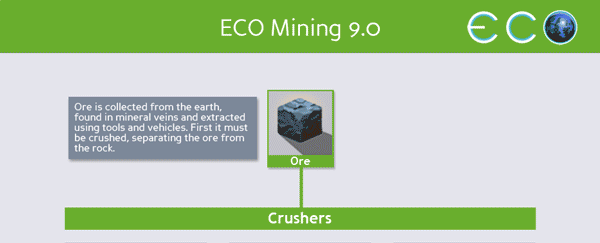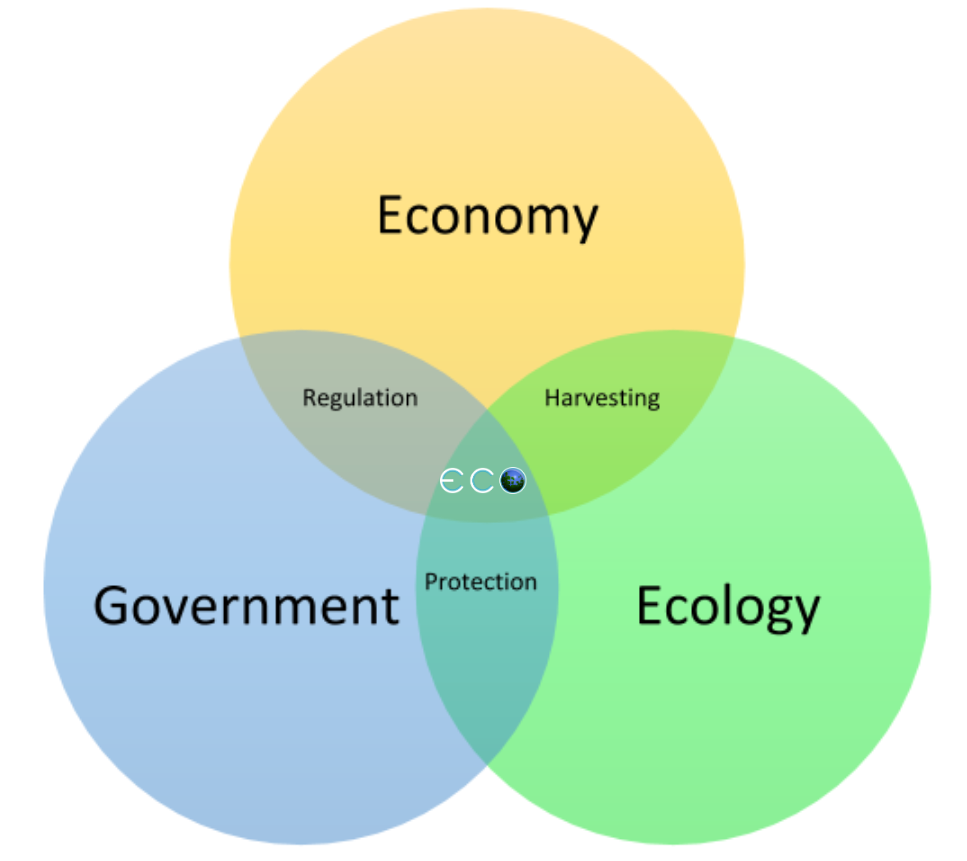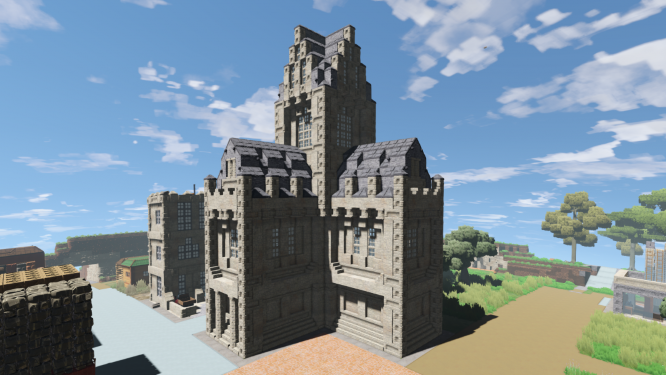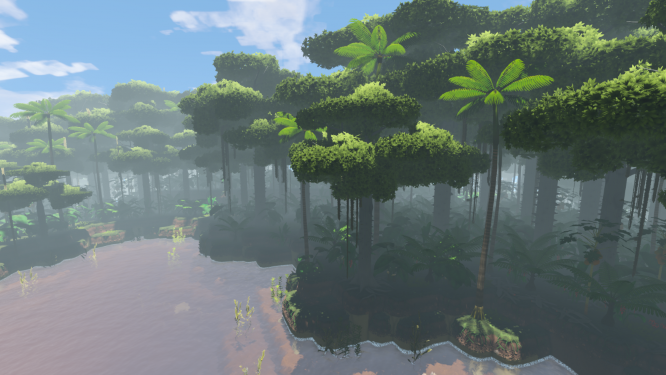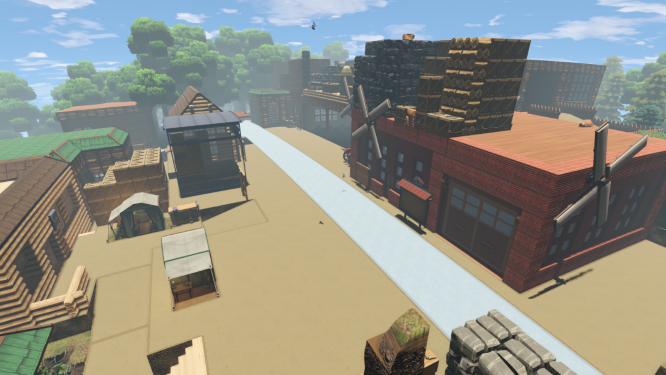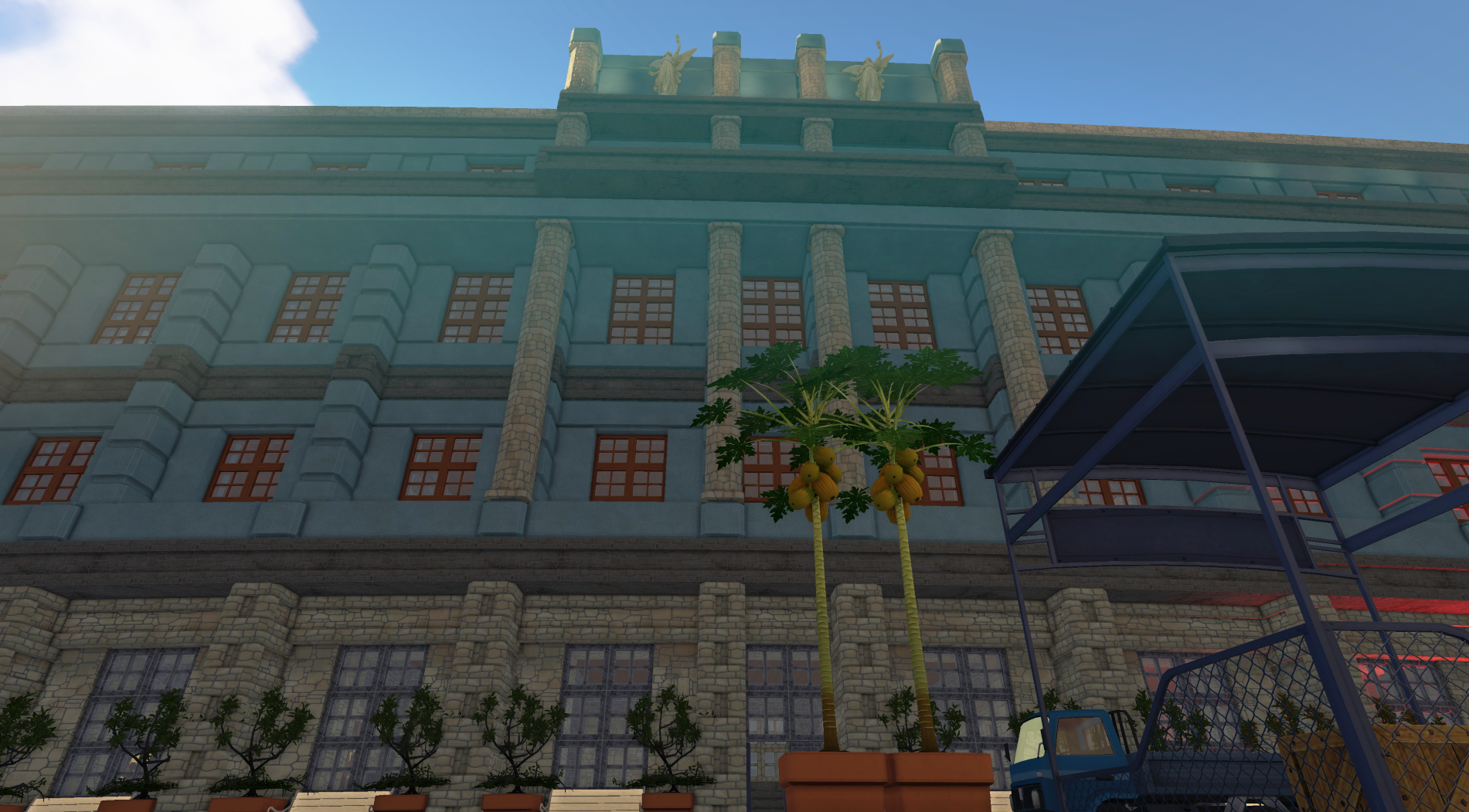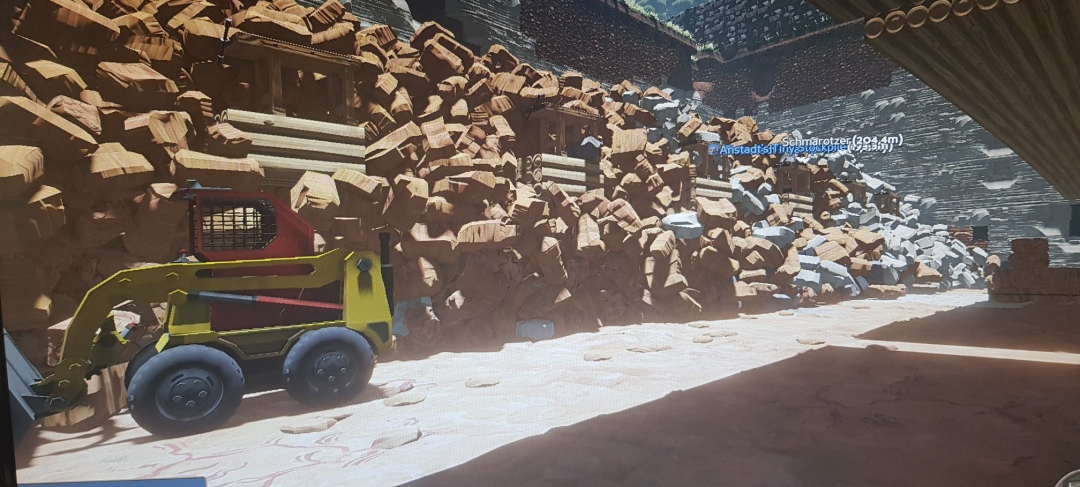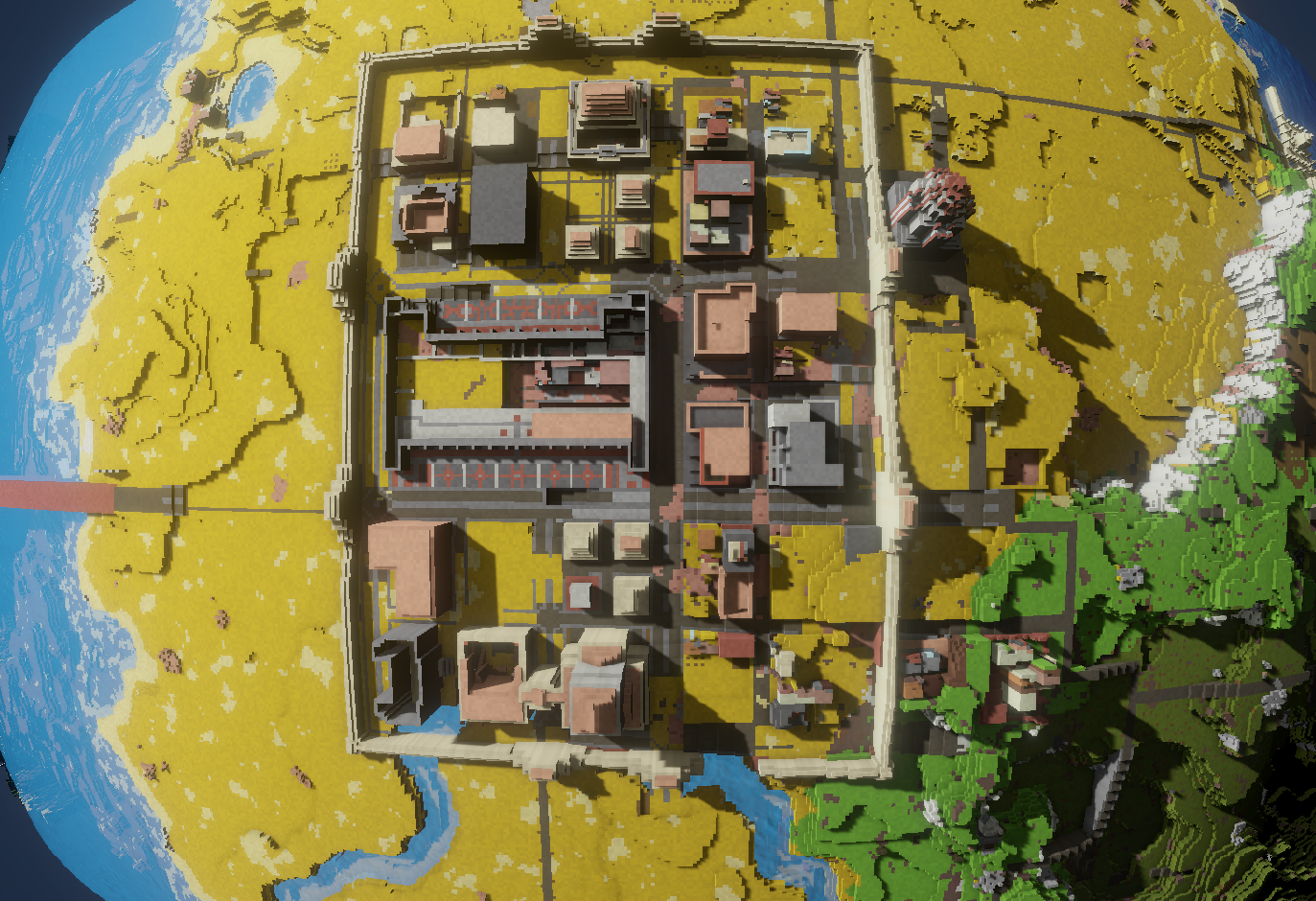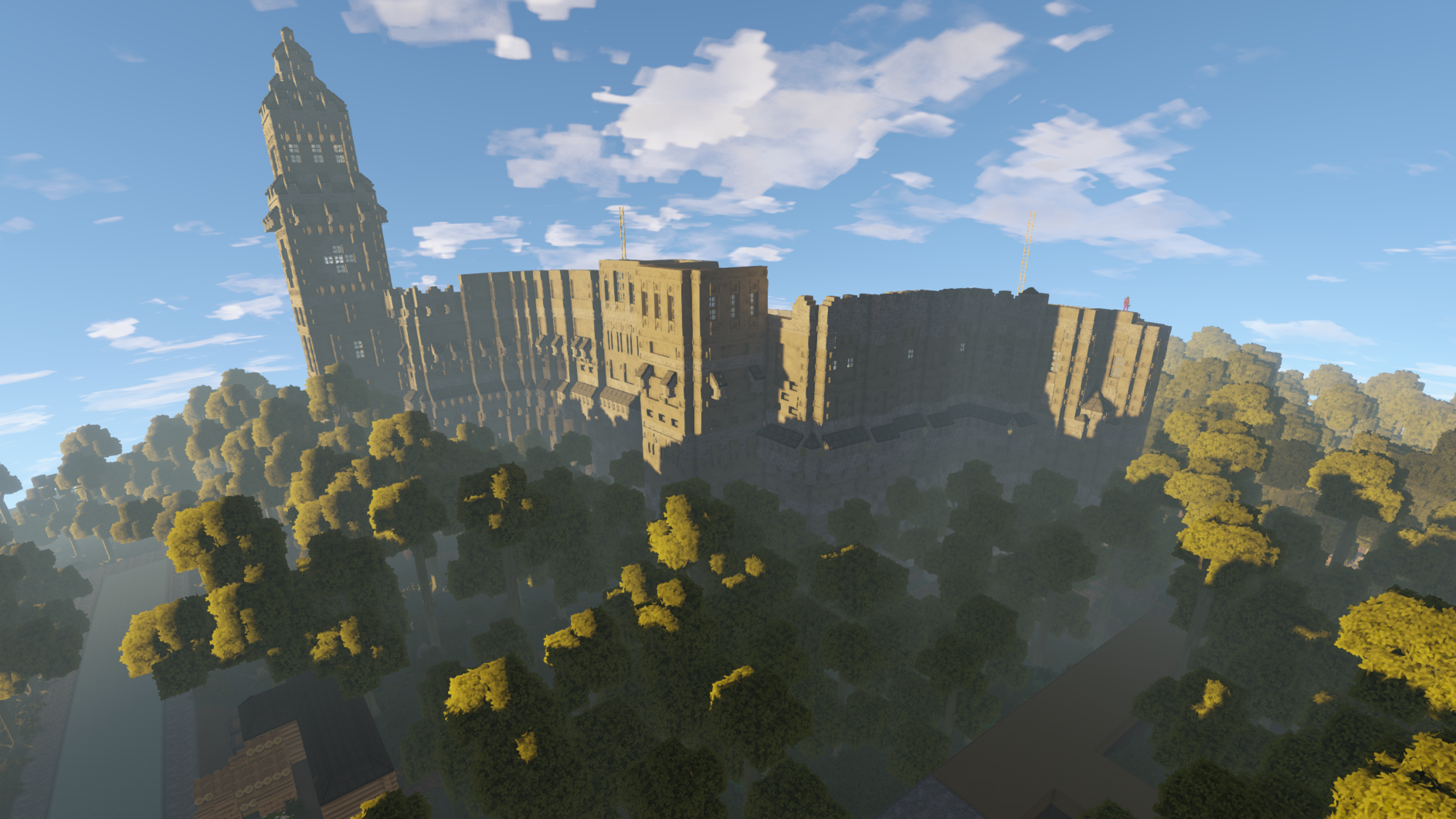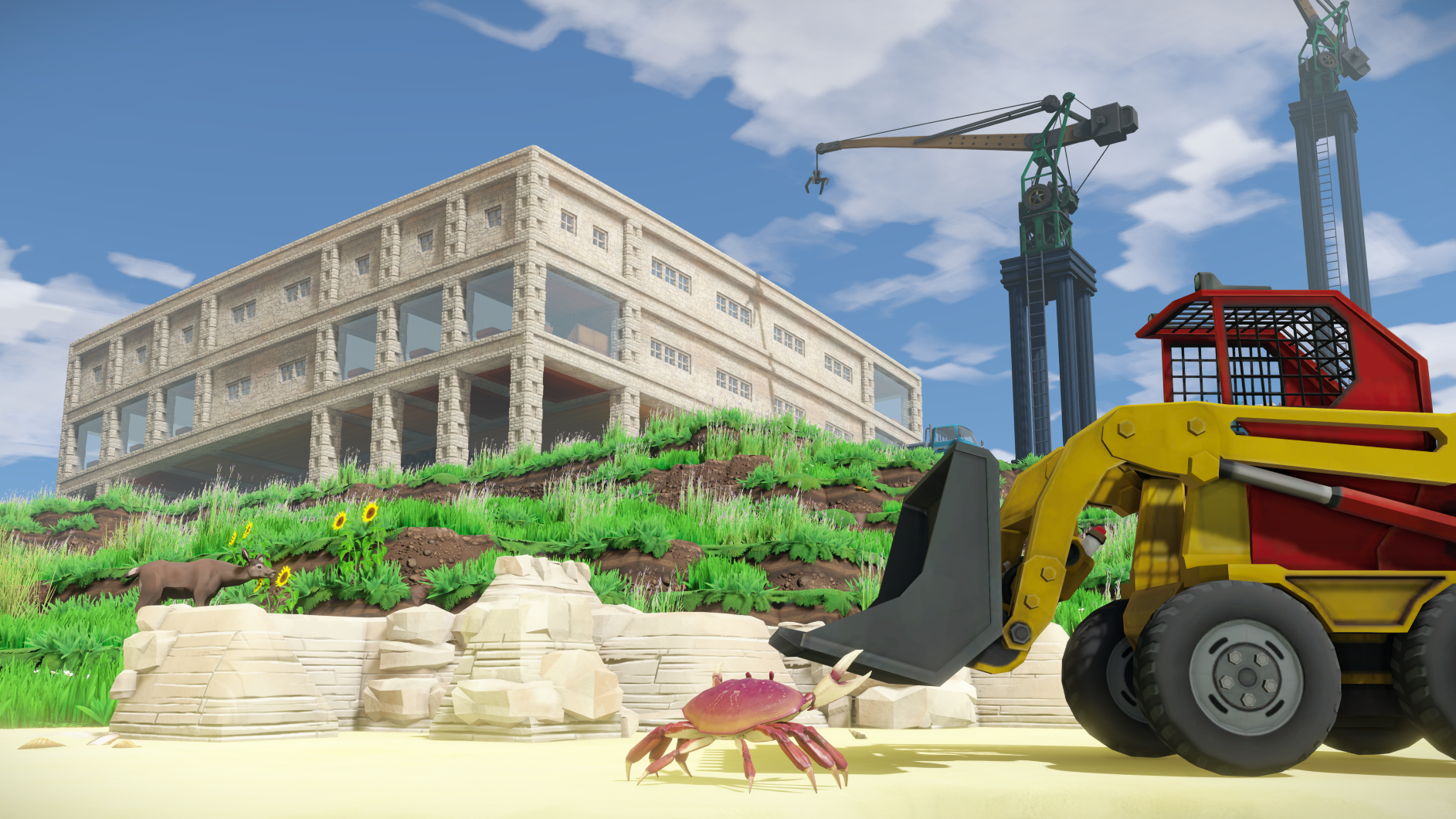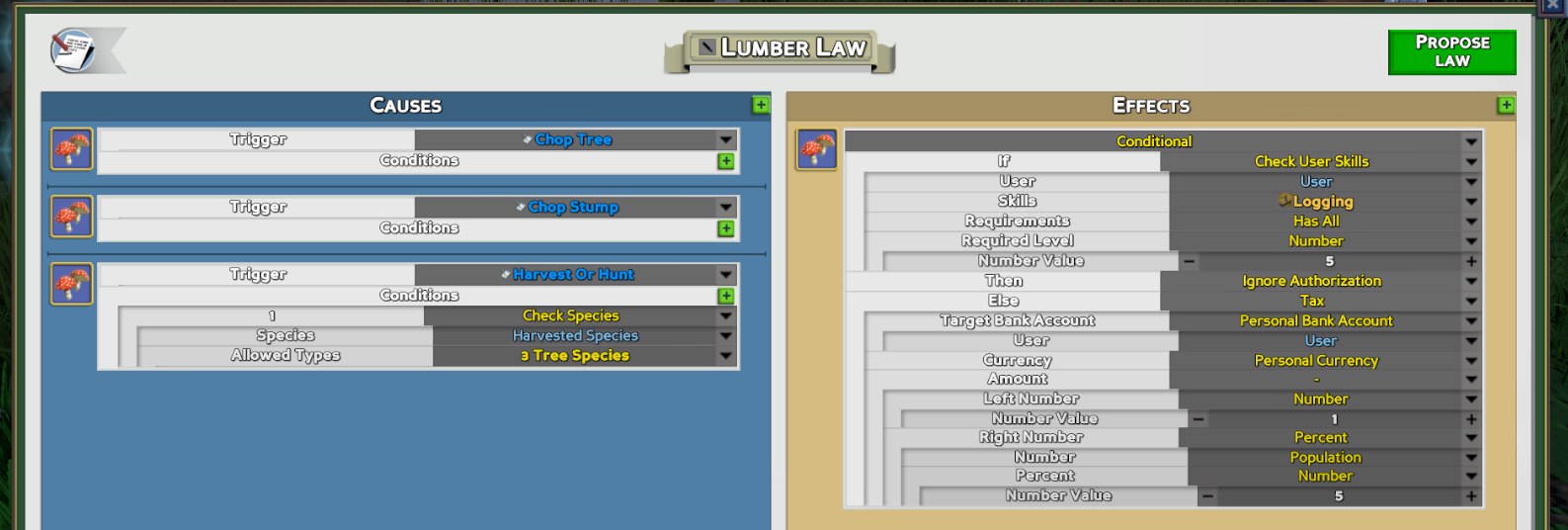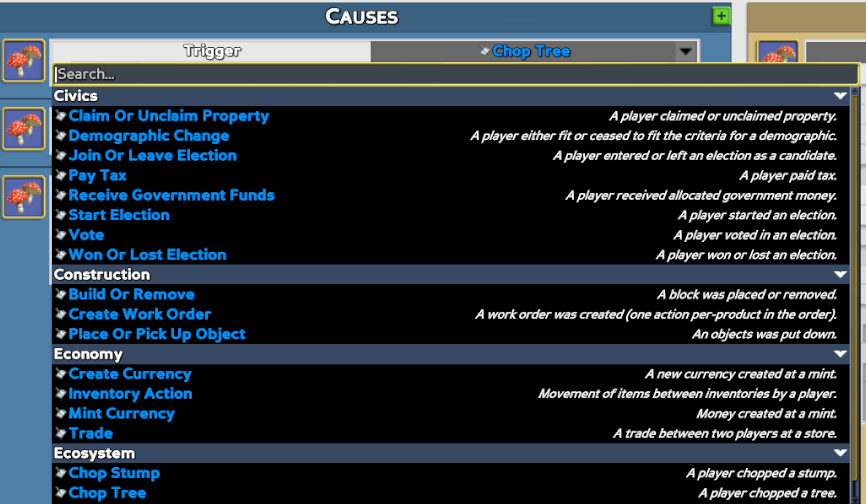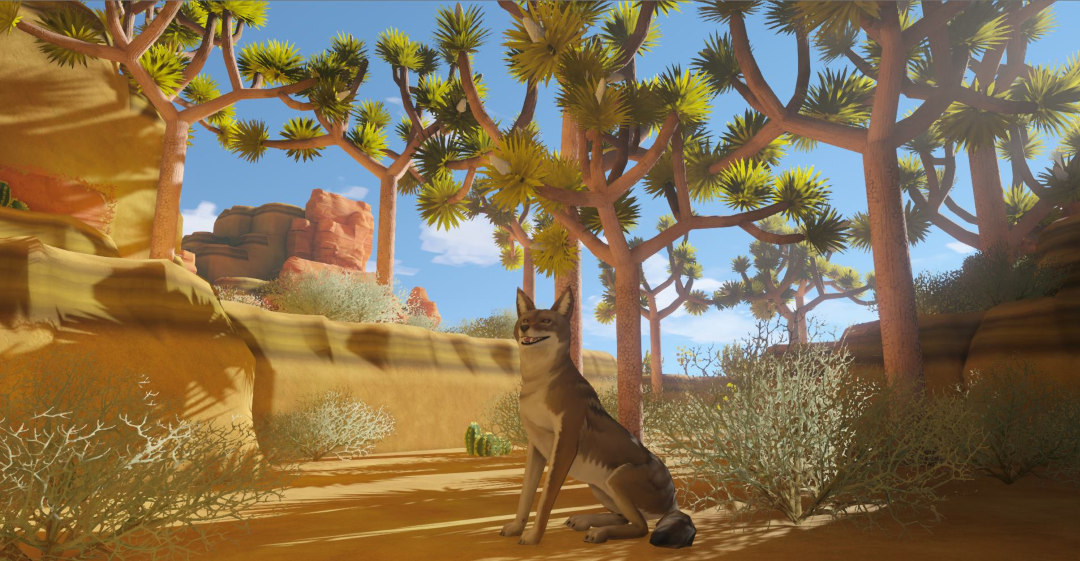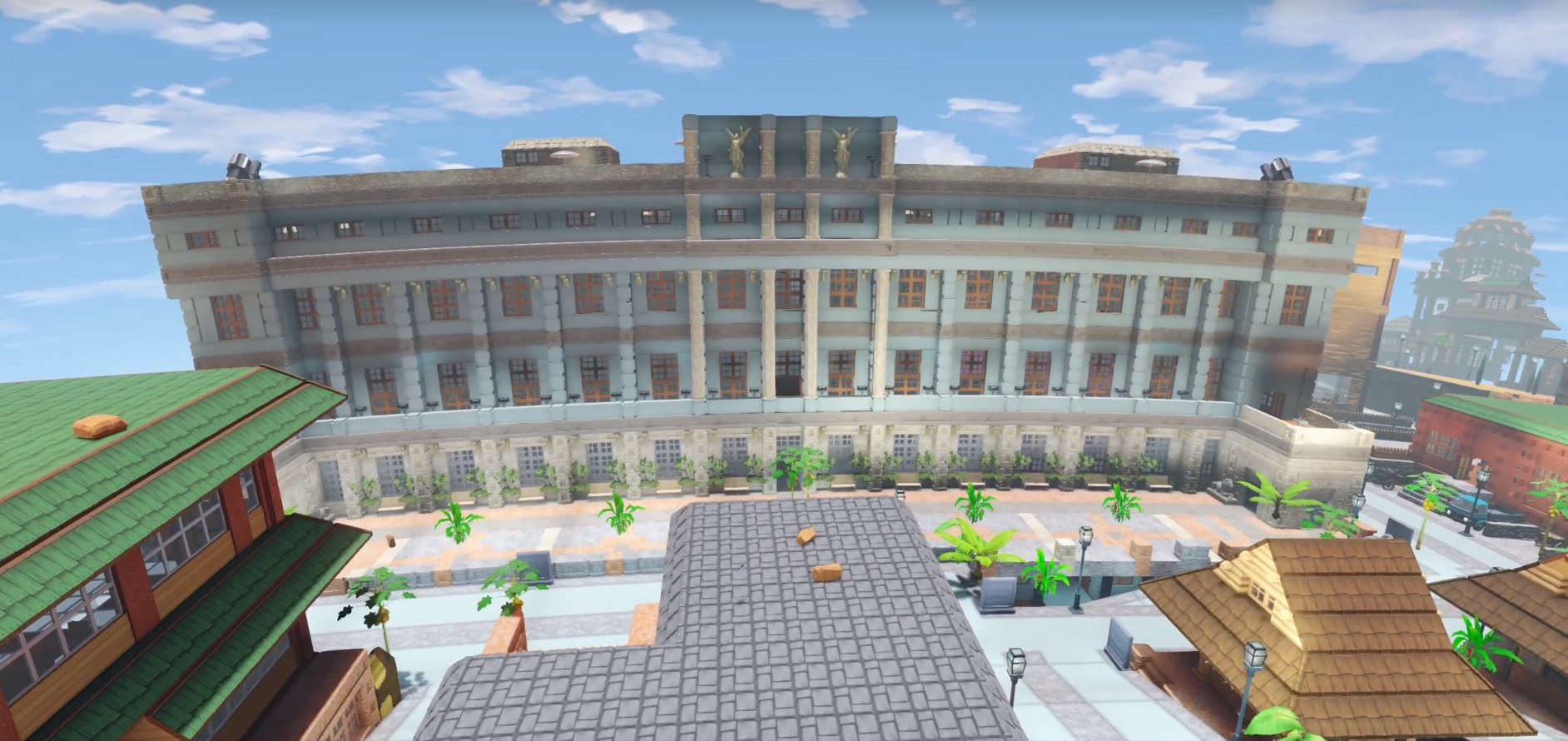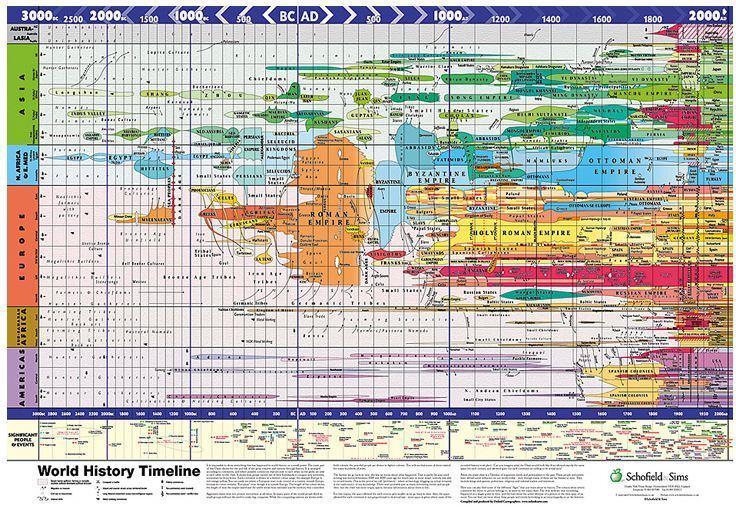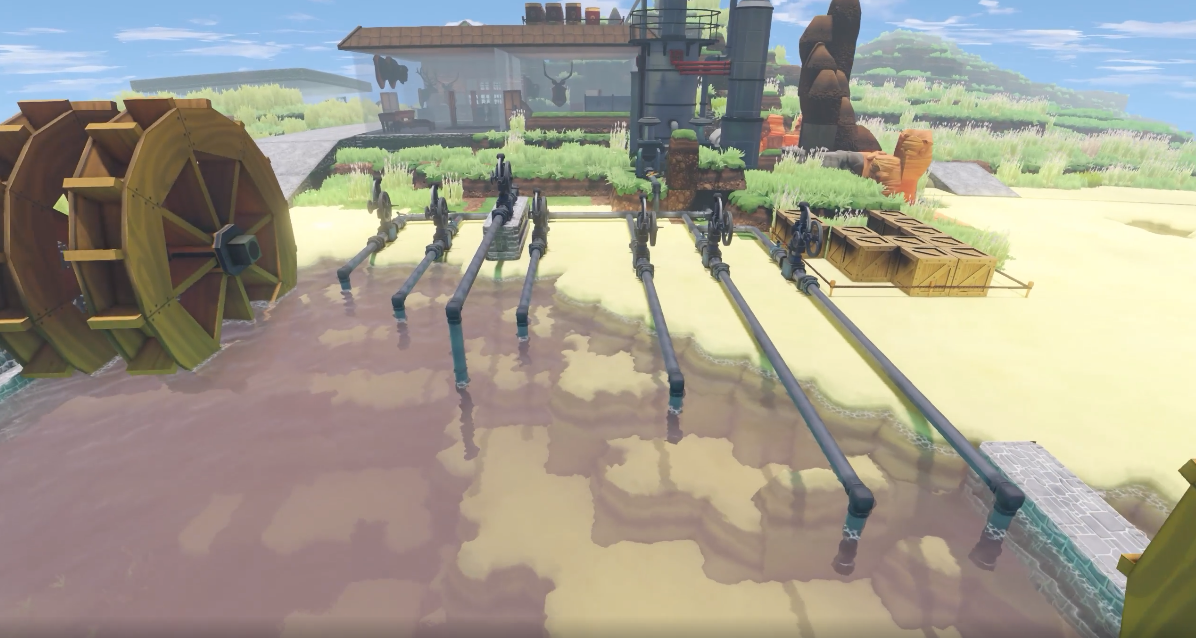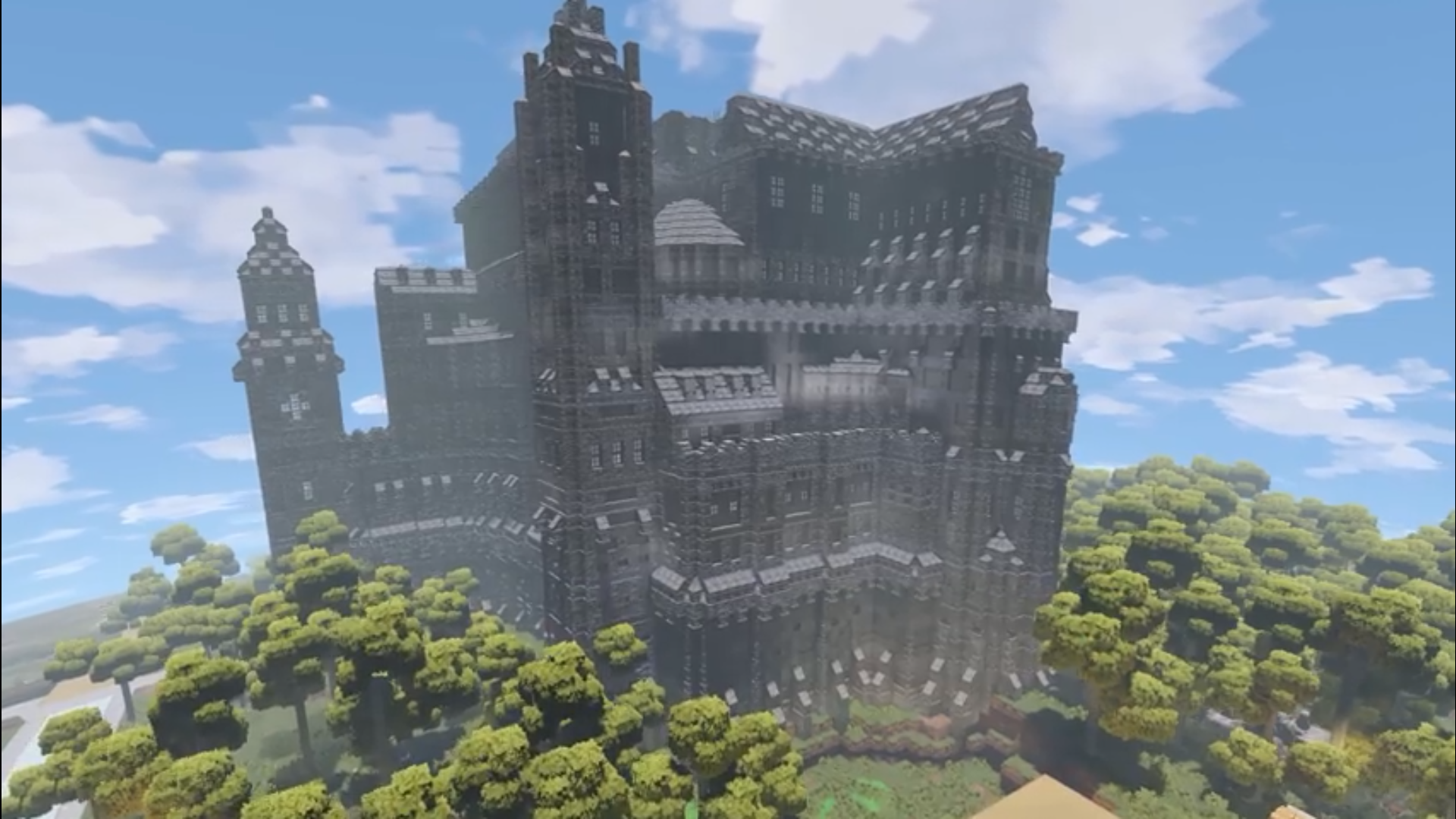
Aug 28, 2019
Eco - SLG-Dennis
Today we are releasing Update 8.3.0, an update that was entirely focused on internal changes in order to improve performance short and long term.
Performance Improvements:
Our developers have been working hard on countless internal changes for this update in order to increase the performance of Eco on a wide range of different hardware configurations. We have noticeably reduced memory consumption on clients, optimized network code, reduced the frequency of FPS spikes (micro lags) during movement and you should now have a smoother experience playing Eco. Please note that there is still more to come in the 9.X updates, as we do have other optimisations prepared and in mind that require more work and / or breaking changes that are better to be introduced in a major update.
Relay Servers:
For this update we added relay server support for cases where connections between client and server cannot be established in a normal way. This should fix most of the connection issues some players have experienced.
The Network.eco config file for servers has the new option “RelayAdress” where a custom relay server can be configured (available for download as docker image from strangeloopgames/relay-server:latest). If no "RelayAddress" and no "RemoteAddress" is specified for a server then it will auto-discovery the relay server with best ping from a list of official relay servers and use it as fallback for clients who fail to connect the regular way.
Other Improvements:
Added auto-run function. It is disabled by default, but you can go to Key Bindings and assign a button. It works both for the character and for vehicles.
Bugs fixed:
Update 9.0 is actively being worked on in parallel and the first non-public staging versions are soon to be released. Stay tuned for more news on that at a later date.
Performance Improvements:
Our developers have been working hard on countless internal changes for this update in order to increase the performance of Eco on a wide range of different hardware configurations. We have noticeably reduced memory consumption on clients, optimized network code, reduced the frequency of FPS spikes (micro lags) during movement and you should now have a smoother experience playing Eco. Please note that there is still more to come in the 9.X updates, as we do have other optimisations prepared and in mind that require more work and / or breaking changes that are better to be introduced in a major update.
Relay Servers:
For this update we added relay server support for cases where connections between client and server cannot be established in a normal way. This should fix most of the connection issues some players have experienced.
The Network.eco config file for servers has the new option “RelayAdress” where a custom relay server can be configured (available for download as docker image from strangeloopgames/relay-server:latest). If no "RelayAddress" and no "RemoteAddress" is specified for a server then it will auto-discovery the relay server with best ping from a list of official relay servers and use it as fallback for clients who fail to connect the regular way.
Other Improvements:
Added auto-run function. It is disabled by default, but you can go to Key Bindings and assign a button. It works both for the character and for vehicles.
Bugs fixed:
- Fixed an issue that caused players to fall through rendered ground with their vehicles when above mines.
- Fixed an issue that caused changed keybindings for the moving keys to not be saved.
- Fixed an issue that made trees non-interactable or vanish during slicing and collecting.
- Fixed an issue with the french localization in regards to player currency.
- Fixed skid steer no longer interacting with tree debris.
- Fixed several server crashes.
- Fixed ModKit Issues.
Update 9.0 is actively being worked on in parallel and the first non-public staging versions are soon to be released. Stay tuned for more news on that at a later date.




